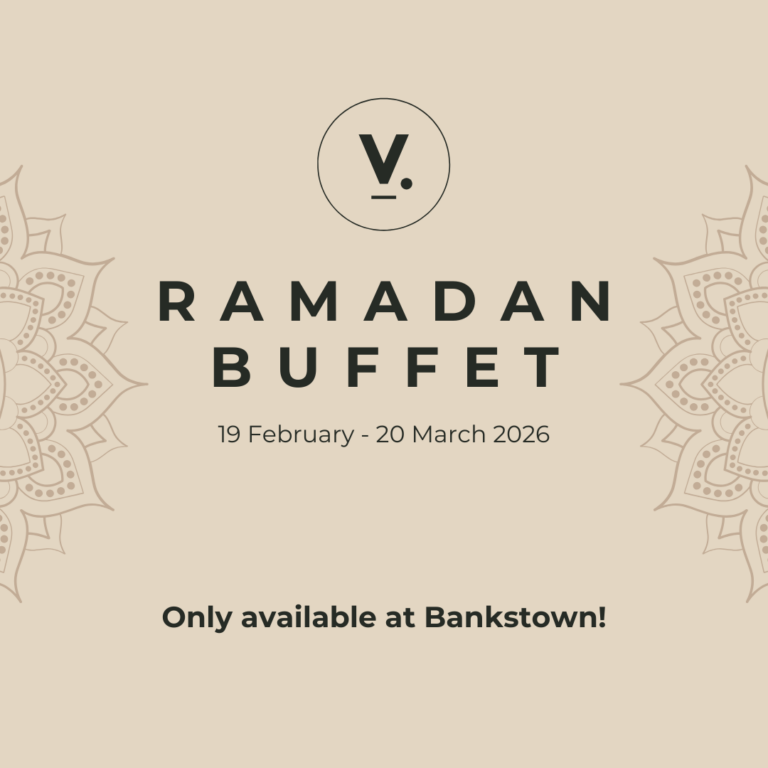
Ramadan Buffet 2026 at Volcanos Steakhouse Bankstown
Volcanos Steakhouse brings together a generous spread of dishes in a welcoming atmosphere tailored for breaking the fast.
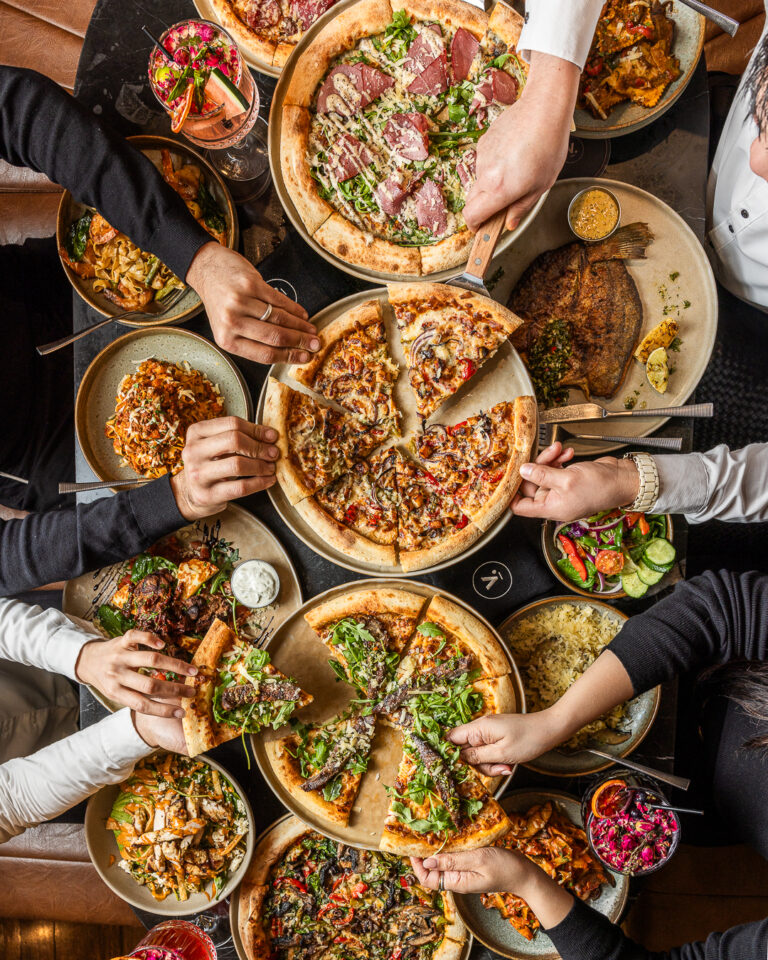
If you’ve dined at Volcanos Steakhouse, a fully certified halal steakhouse and one of the top-rated dining spots for steak lovers, you’ve probably noticed something different about the food, the vibe, and the approach. As a popular restaurant in Sydney, Volcanos brings halal dining into the spotlight, not just for those who follow Islamic dietary rules, but for anyone who values quality, ethics, and transparency. So, what really sets halal apart from non-halal? And why are more people paying attention to where their food comes from? Let’s break it down in a way that actually makes sense.
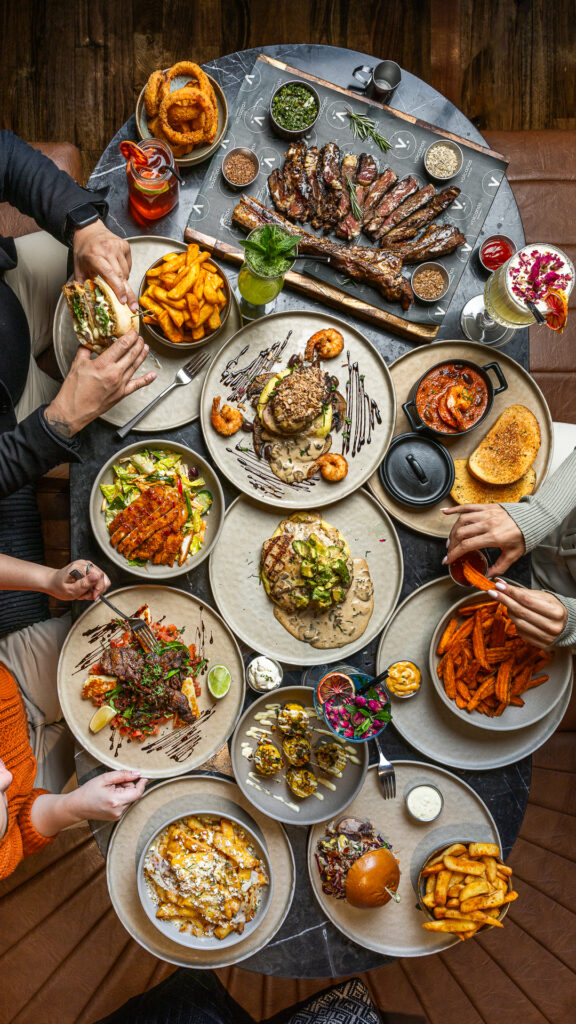
“Halal” is an Arabic word meaning “permissible” or “lawful.” In the context of food, it refers to what is allowed under Islamic dietary laws. But the concept of halal goes far beyond just food, it’s part of a broader lifestyle that emphasises cleanliness, compassion, and ethical consumption.
For meat to be considered halal, it must meet specific guidelines:
Sounds intense? Maybe. But it’s really about integrity. It ensures the food is clean, ethically sourced, and prepared with care and respect, qualities anyone can appreciate, regardless of religious background.
“Non-halal” (sometimes called “haram,” meaning prohibited) includes any food that doesn’t meet the halal criteria. That could mean:
In a standard Western steakhouse, it’s common to find alcohol-based marinades, dishes cooked with wine, or meat from suppliers who don’t follow halal protocols. That doesn’t make it bad, but it does mean it’s not halal.
Here’s where Volcanos Steakhouse comes in and flips the script.
This isn’t just a halal restaurant tucked into a side street, it’s a destination. With locations across Sydney (Bankstown, Parramatta, Blacktown, and Wetherill Park) and a new venue in Epping, Victoria, Volcanos has built its name on high-quality steaks, dry-aged beef, house-made sauces, and a dining experience that caters to all, while staying fully halal.
Every dish at Volcanos is halal-certified. That means:
The best part? You’d never know it was halal unless someone told you. The food doesn’t “taste halal”, it just tastes good.
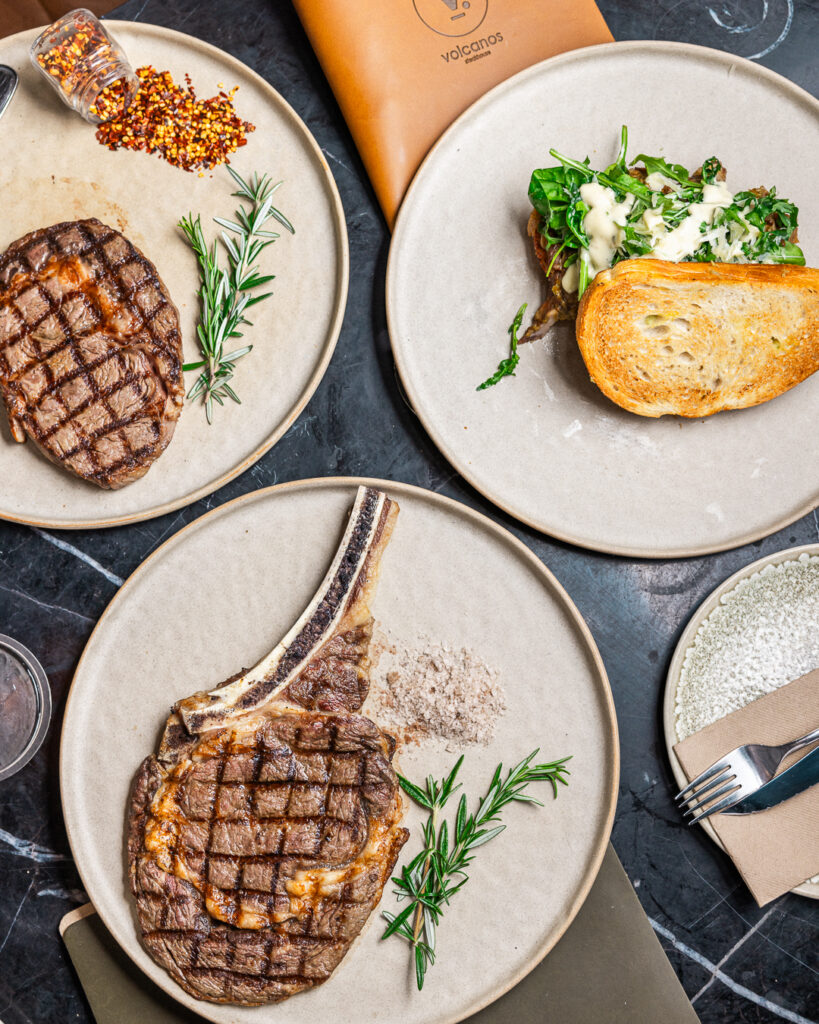
This is the part most people are curious about, does halal meat taste different from non-halal meat?
The short answer: Not really. The longer answer: It depends on how you define “different.”
Here’s what you might notice when eating halal meat at a place like Volcanos:
If you’ve ever had a steak at Volcanos, you already know: juicy, bold, rich, and satisfying. You’re not missing out, you’re gaining confidence in what’s on your plate.
One of the biggest unseen benefits of halal food is hygiene.
Because of the strict rules around cleanliness and contamination, halal restaurants like Volcanos take extra steps to ensure food safety:
In a world where people are more conscious of what they’re eating, especially post-COVID, this kind of diligence isn’t just appreciated, it’s expected.
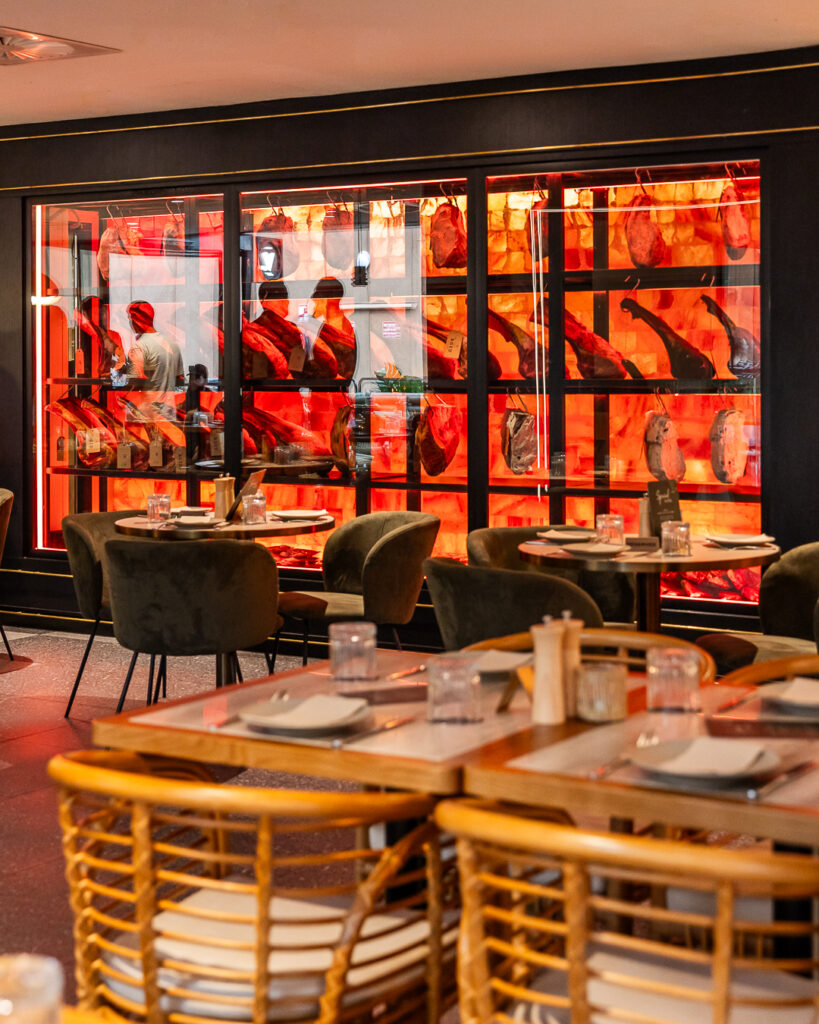
Halal isn’t just about food, it’s about inclusion.
For many Muslim Australians, finding a restaurant where they can confidently order anything off the menu without worry is a big deal. And for mixed groups, where some friends follow halal and others don’t, a place like Volcanos Steakhouse brings everyone together.
Think about it:
By offering a high-end, halal-certified menu in a premium dining environment, Volcanos gives Muslim diners a seat at the same culinary table, and that matters.
As Sydney grows more diverse, the demand for halal dining has expanded beyond traditional or ethnic cuisine. Today, you’ll find halal burger joints, halal fine dining, halal sushi, and now, halal steakhouses.
Volcanos Steakhouse is at the front of this movement. As a standout restaurant in Sydney and now Melbourne, it’s proven that halal can mean high-end, indulgent, and accessible to everyone.
Whether you’re planning a celebration, a casual catch-up, or a dinner date, Volcanos makes halal dining feel not just normal, but exceptional.
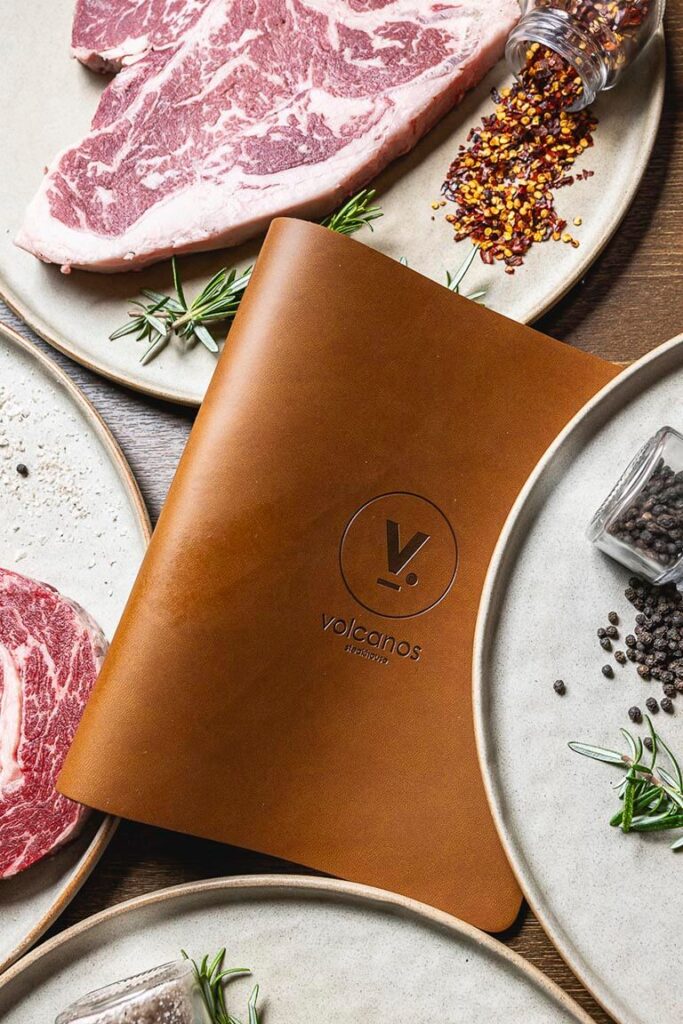
Let’s set the record straight:
“Halal is just for Muslims.”
False. While halal follows Islamic guidelines, the benefits, ethical treatment, clean prep, no alcohol, are appreciated by many people regardless of religion.
“Halal food is bland or boring.”
Not even close. If anything, the focus on real ingredients and spices makes it more flavourful.
“Halal means fewer choices.”
Not at Volcanos. The menu is packed with steak, ribs, wings, mocktails, and more, all halal, all delicious.
“It’s more expensive.”
Quality comes at a price, yes, but Volcanos keeps things accessible, with generous portions and fair pricing.
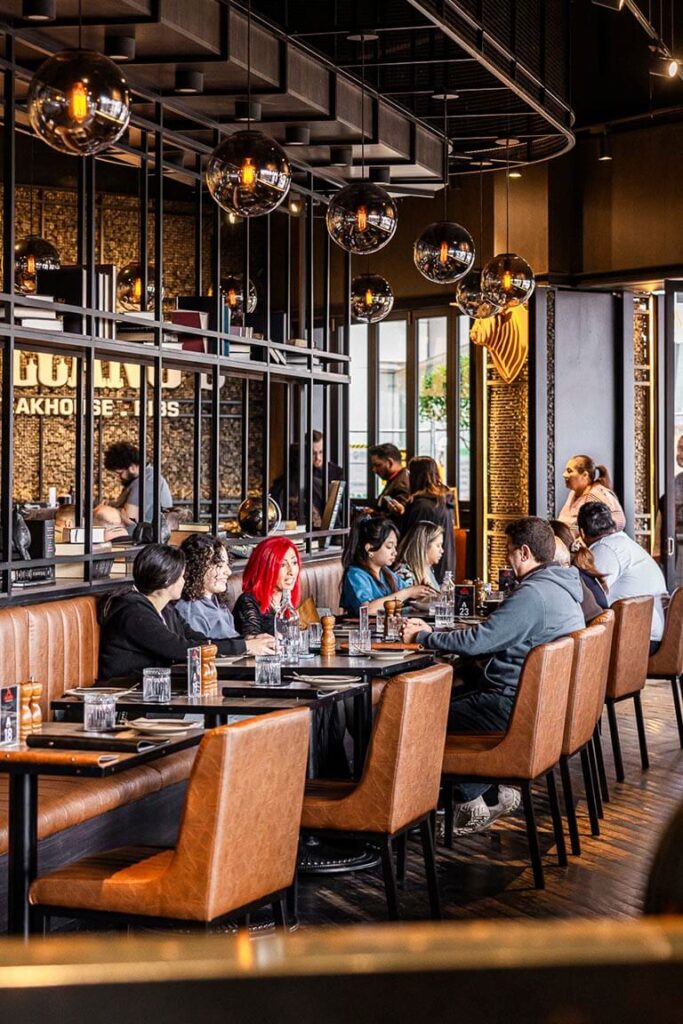
Understanding the difference between halal and non-halal food isn’t about dividing people, it’s about bringing awareness to what we eat, how it’s made, and who gets to enjoy it.
At Volcanos Steakhouse, halal isn’t a side note, it’s the foundation. And that foundation is built on ethics, care, and a real commitment to delivering world-class food without compromise.
So whether you follow a halal diet or are simply curious about trying something new, Volcanos is a place where you can eat confidently, fully, and together.
Volcanos Steakhouse
Fully halal. Boldly delicious. Open to all.
📍 Find us in:
Want to dive deeper? Check out “What Makes Meat Halal? Understanding the Certification Process” to explore the strict standards behind every plate served at Volcanos Steakhouse.

Volcanos Steakhouse brings together a generous spread of dishes in a welcoming atmosphere tailored for breaking the fast.
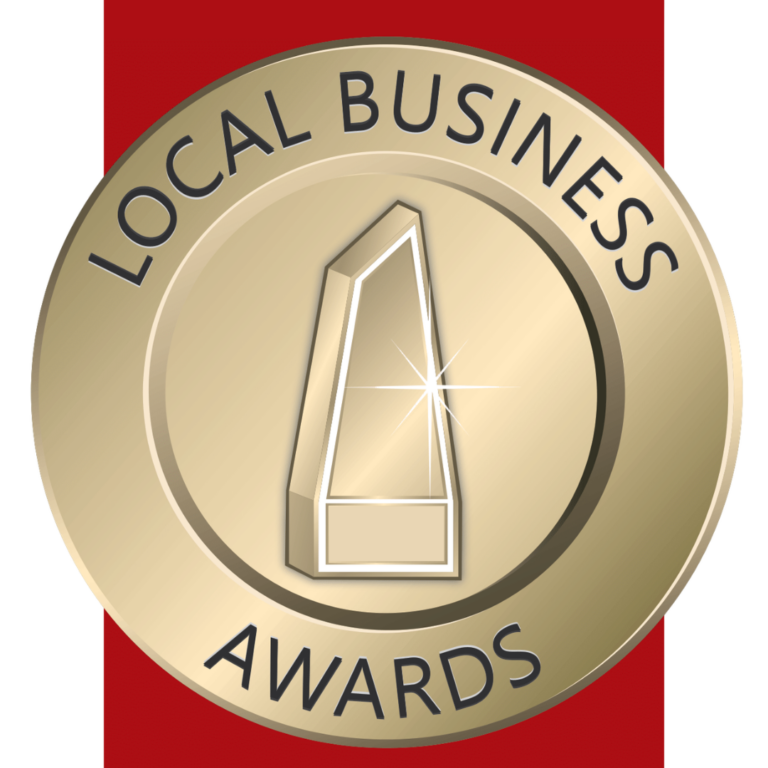
Voting is officially open! Support Volcanos Steakhouse in the Local Business Awards in Restaurant Category 2026. Vote for our Sydney and Victoria locations today.
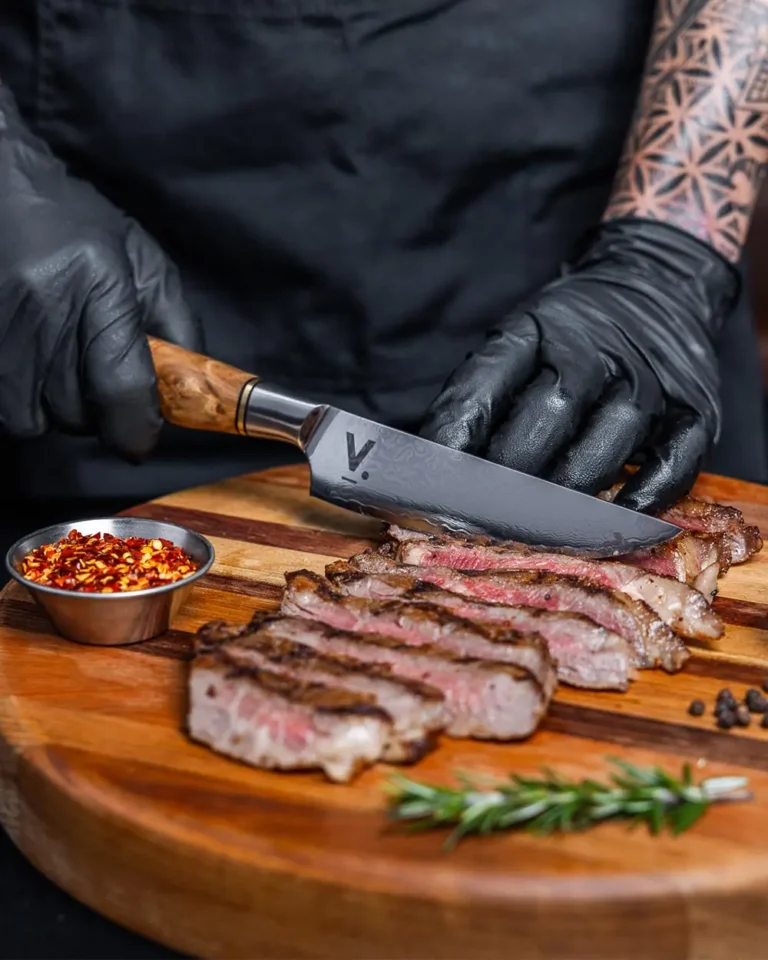
Discover why the Volcanos Premium Knife Set is more than just a steak knife, it’s the perfect must-have for any steak lover seeking precision, durability, and style at home.